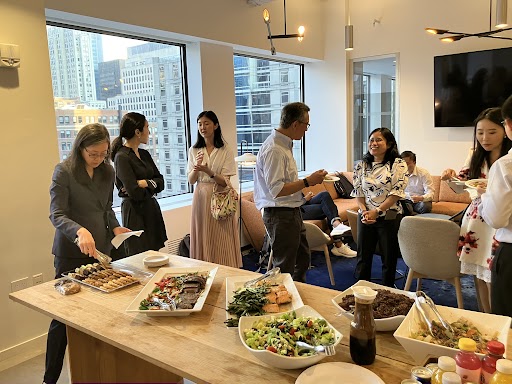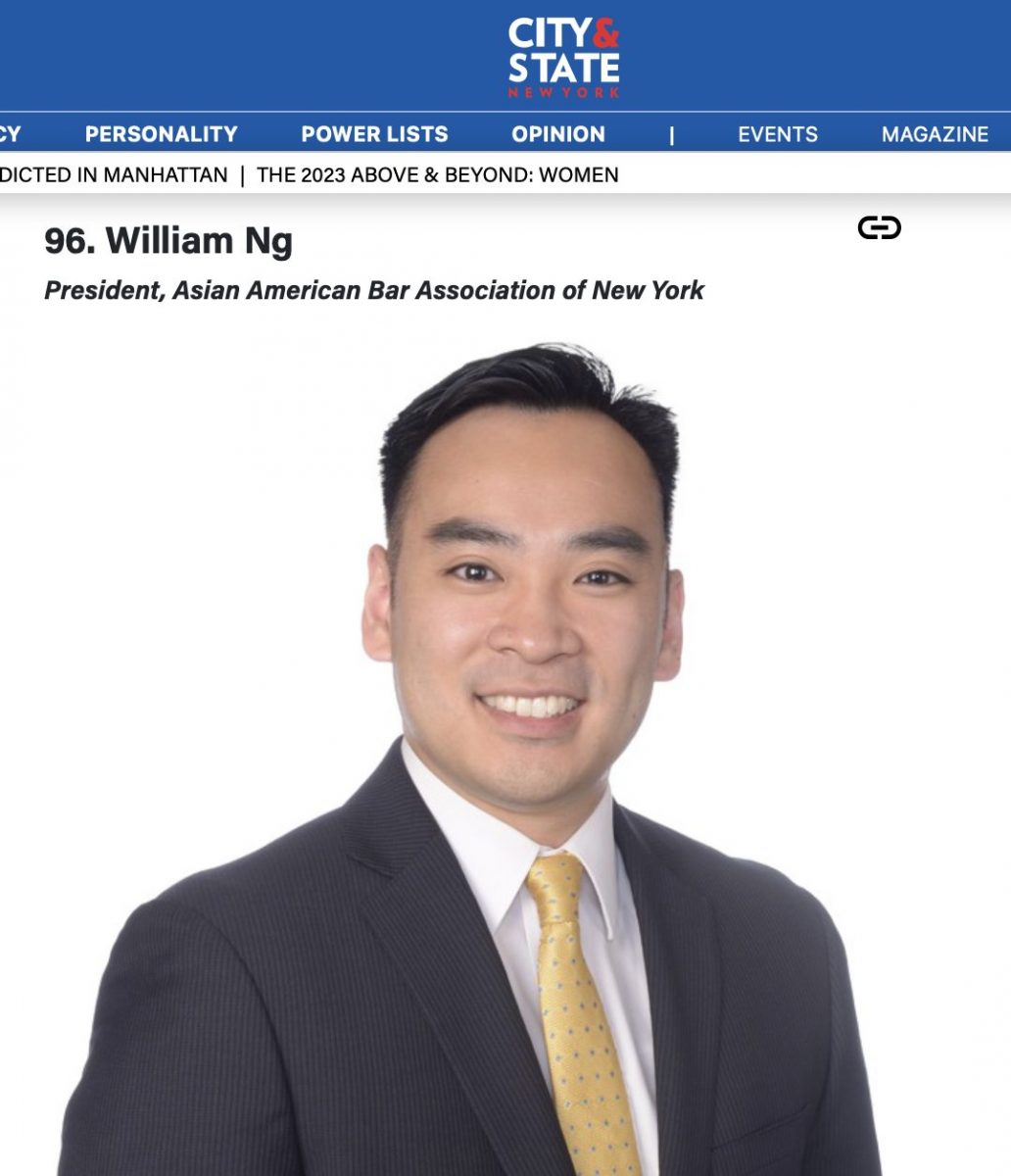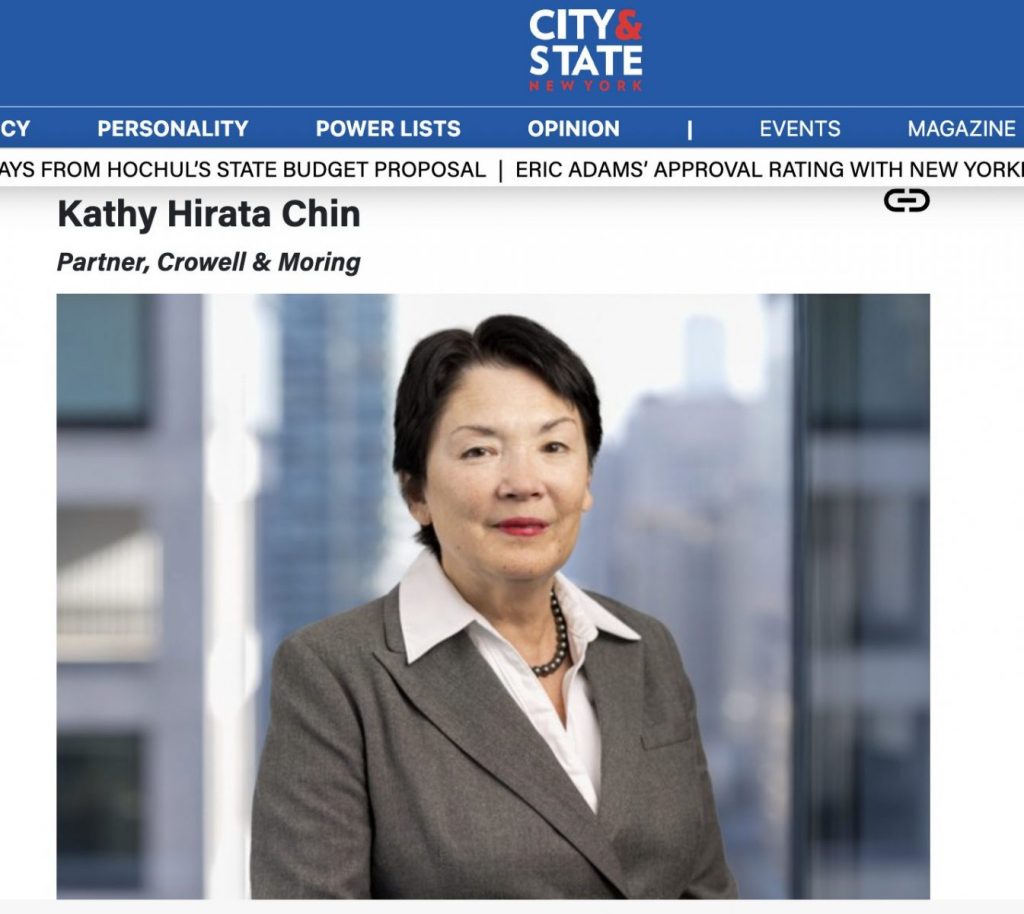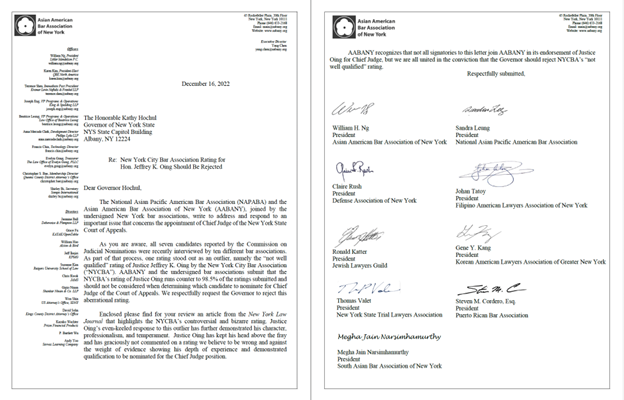On April 1, 2024, AsAm News published an article by Ti-Hua Chang reporting on the retirement of Margaret Fung, co-founder of the Asian American Legal Defense and Education Fund (AALDEF). After serving as Executive Director of AALDEF for most of the fifty years she’s been with the organization, she is now retiring from her position in October.
AALDEF, based in New York, is a national organization known for spearheading advocacy efforts in support AAPI workers’ rights, voting rights, and anti-Asian hate initiatives, among others. Margaret Fung, who pioneered many such civil rights activities, has been praised by community leaders, especially in Chinatown, for her continuous fight to improve the lives of the working people and immigrant communities. After hearing about her retirement, many wondered what the future of AALDEF will look like without her prominent contributions.
Executive Director of the Asian American Bar Association of New York (AABANY) Yang Chen stated, “AALDEF is the NAACP of the Asian American community and has done a lot of great work in the last 50 years. Now that Margaret is stepping down, the big question is: will they be able to perpetuate that, continue that.”
The full article can be found at:
Whatever the future holds for AALDEF in the years to come, Margaret’s legacy as an AAPI civil rights advocate and trailblazer in the male-dominated legal field will continue to live on. AABANY honors Margaret for all that she has accomplished in a storied career.









